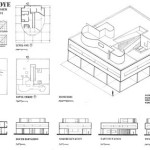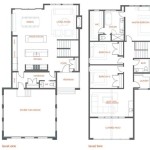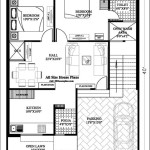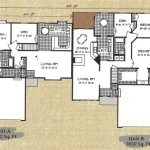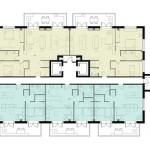Essential Aspects of House Planning Drawing
Creating a house plan that meets your needs and desires is an exciting and rewarding process. However, it's crucial to consider several essential aspects to ensure a successful outcome:
1. Establish Your Needs and Requirements
Before you start drawing, take time to identify your family's current and future needs. Consider the number of bedrooms, bathrooms, and living spaces required. Determine the type of layout that suits your lifestyle, such as open-plan or traditional. Think about features like a home office, guest room, or dedicated storage areas.
2. Select a Suitable Site
The location of your house plays a significant role in its design. Consider factors such as orientation towards the sun, natural light, privacy, and proximity to amenities. Assess the topography of the land and identify potential construction challenges or opportunities.
3. Choose an Architect or Designer
Unless you have architectural experience, it's advisable to hire a qualified architect or designer. They will guide you through the planning process, ensure structural integrity, and help you create a functional and aesthetically pleasing design.
4. Understand Architectural Drawings
House planning drawings consist of various types, including floor plans, elevations, sections, and details. It's important to familiarize yourself with these drawings to understand the proposed design. Floor plans show the layout of rooms and spaces, while elevations depict the exterior and interior walls.
5. Consider Building Codes and Regulations
Ensure that your house plan complies with local building codes and regulations. These requirements vary depending on your location and are designed to maintain safety and quality standards. Your architect or designer should be up-to-date on these regulations.
6. Set a Budget and Timeline
Plan a realistic budget for your house construction and establish a timeline for its completion. Consider the cost of materials, labor, permits, and inspections. Communicate your budget and timeline to your architect or designer to ensure they align with your expectations.
7. Seek Professional Advice
Don't hesitate to consult with other professionals, such as engineers or interior designers, to optimize your house plan. They can provide valuable input on structural stability, space planning, and finishes, ensuring a well-designed and functional home.
8. Review and Revise
As you progress through the planning process, review your drawings regularly and make necessary revisions. Seek feedback from your architect, designer, and other stakeholders to incorporate their insights and suggestions.
9. Finalize the Plan
Once you're satisfied with the design, finalize the house plan. This typically involves creating a set of construction drawings that provide detailed specifications for the builder. Your architect or designer will assist you in obtaining building permits and preparing your plan for submission.
Conclusion
By carefully considering the essential aspects outlined above, you can create a house planning drawing that meets your family's needs, aligns with your budget, and creates a space where you'll thrive for years to come. Remember that it's a collaborative process, so don't hesitate to seek professional advice and engage with all stakeholders throughout the journey.

Floor Plan Creator And Designer Free Easy App

House Plans How To Design Your Home Plan

House Plans How To Design Your Home Plan

Example Of House Plan Drawing Scientific Diagram

Easy Home Building Floor Plan Cad Pro

House Plan Drawing Everything You Need To Know

Where You Can Buy House Plans Live Home 3d

Home Floor Plans House Plan Drawings

Small House Design 2024001 Pinoy Eplans Floor Plans

Draw Floor Plans With The Roomsketcher App

